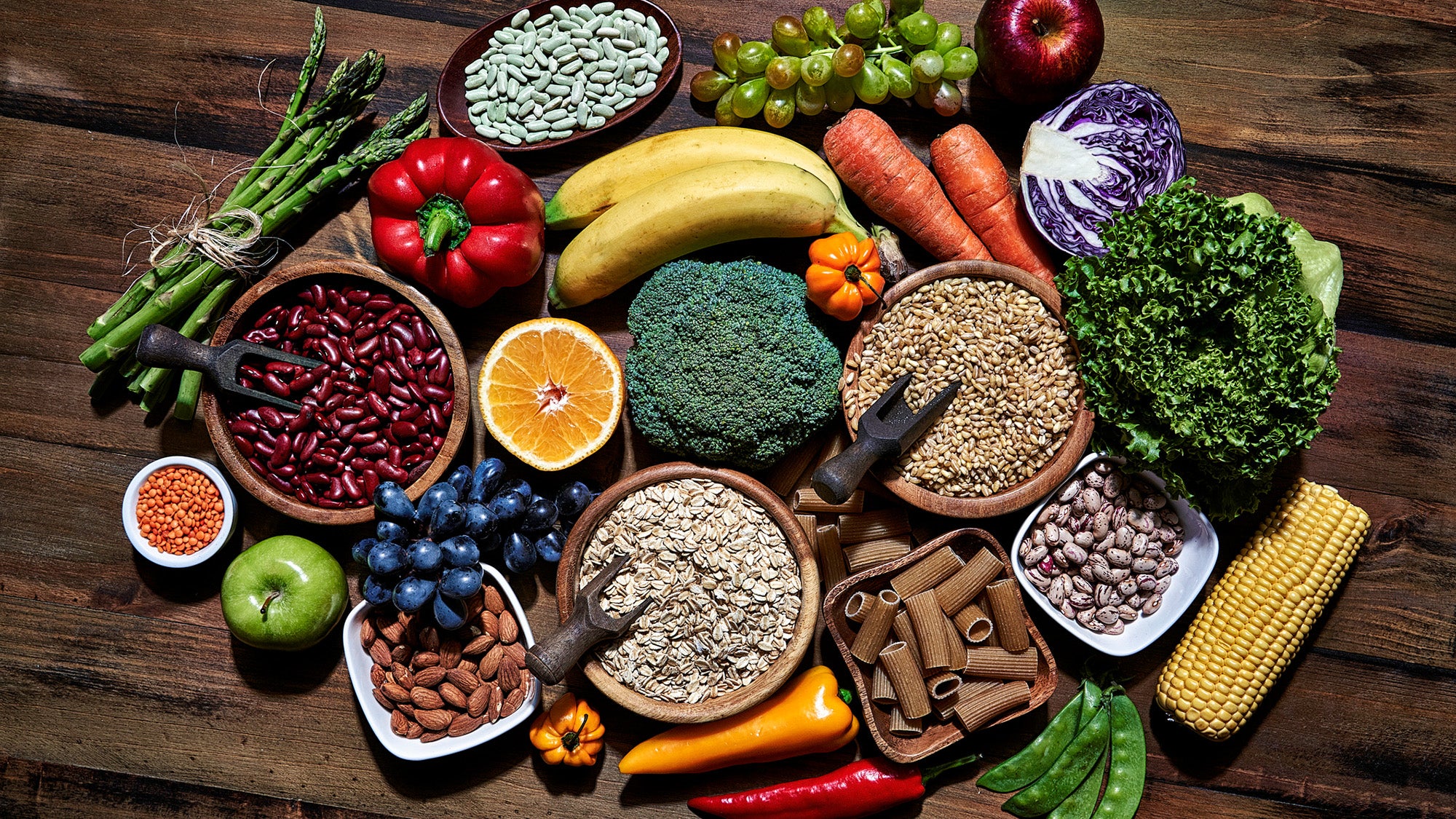The bottom line on ultra-processed plant-based meat

Sales of plant-based meat products in the U.S. have slowed. A July 22 CNN article speculated that this may be because they are ultra-processed—a category of foods that have come under greater scrutiny for links to poorer health.
While some ultra-processed foods like chips and soda are undoubtedly unhealthy, experts quoted in the article said that consumers don’t need to avoid the category entirely. When it comes to burgers, they said, plant-based patties are a better option than beef for personal and planetary health.
“There’s such great urgency related to climate change, environmental degradation and public health that we need to give people as many options as possible, including plant-based meat alternatives,” Walter Willett, professor of epidemiology and nutrition at Harvard T.H. Chan School of Public Health, said in the article.
He suggested checking plant-based meat products’ nutrition labels for fat and sodium content. Saturated fat should be less than a third of total fat, and sodium should be at about one milligram per calorie, he said.
“The fat composition of beef is so undesirable for health that it’s very easy to be better than that,” he said. He noted that animal products are high in saturated fat and lack the polyunsaturated fat, fiber, and vitamins found in plants. Nutrients found in beef such as vitamin B12 can be added to plant-based alternatives, he said.
Willett said that he hoped that plant-based meat products will eventually be priced more competitively with animal products so that more people can afford to use them on a daily basis.
Read the CNN article: Eating this ultraprocessed food may be good for you and the planet, experts say


